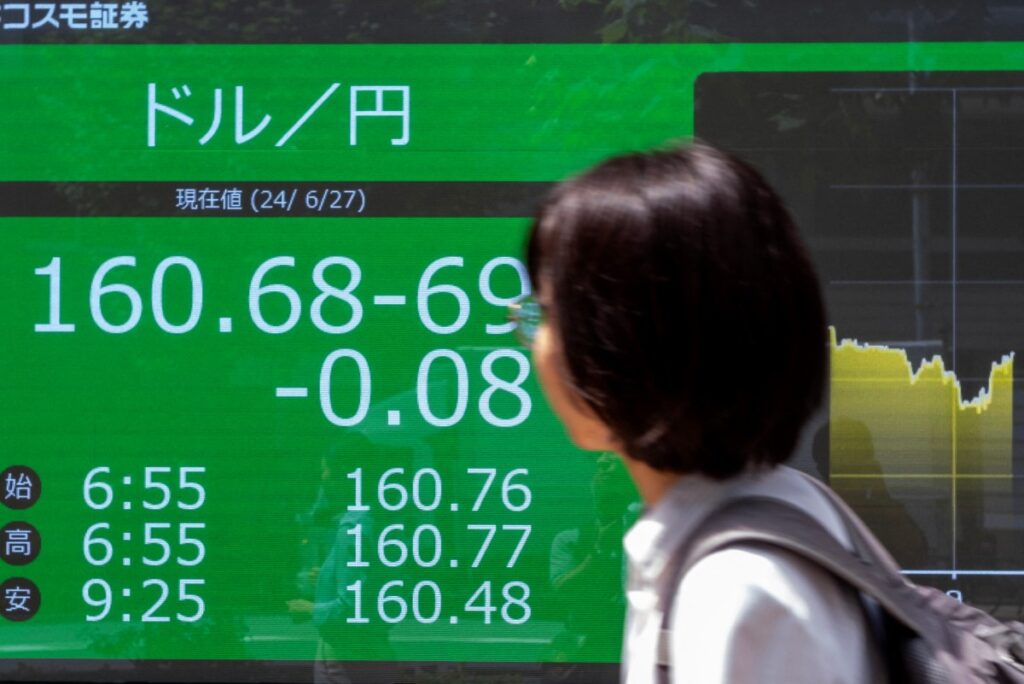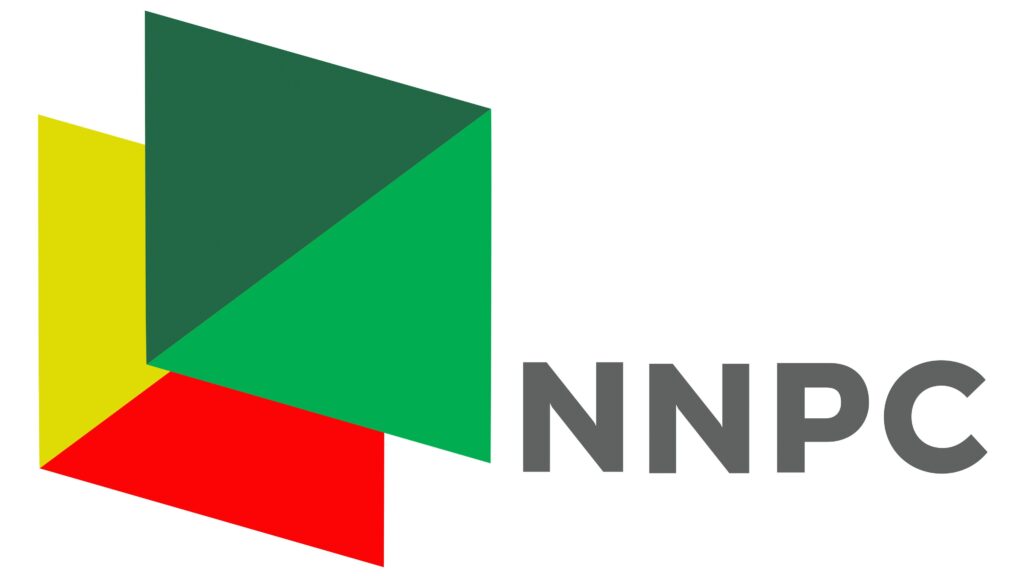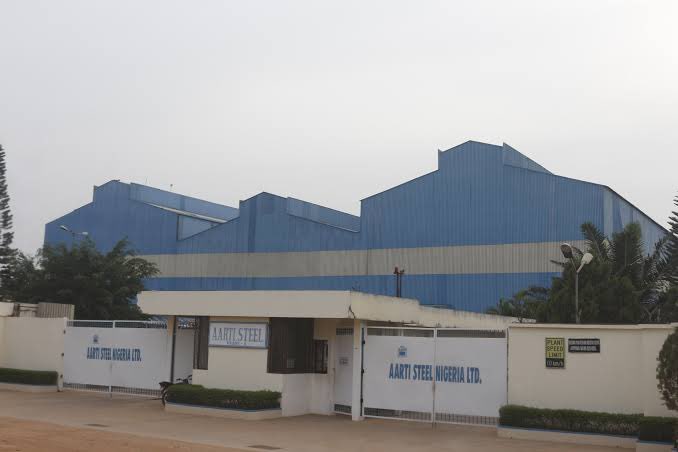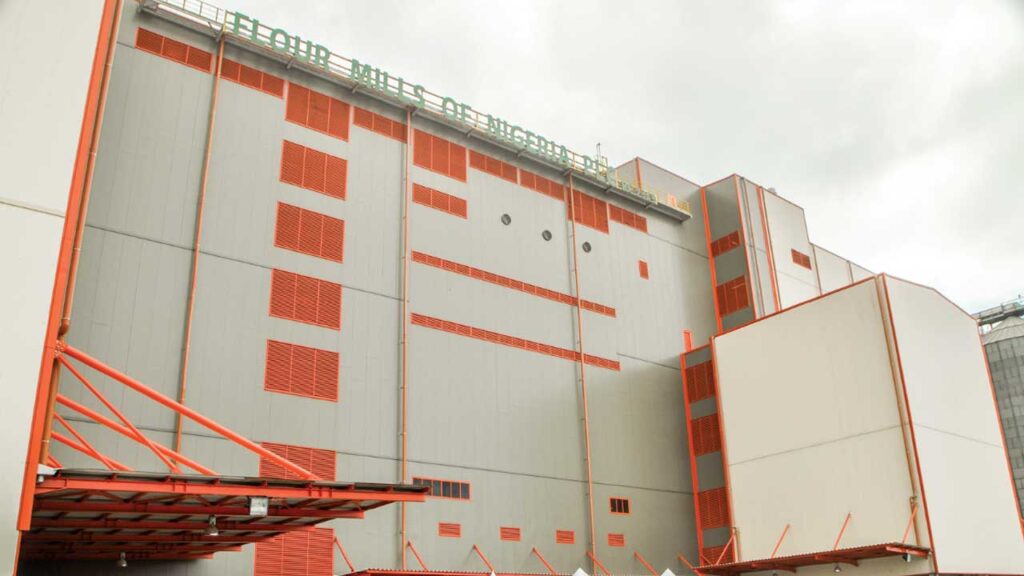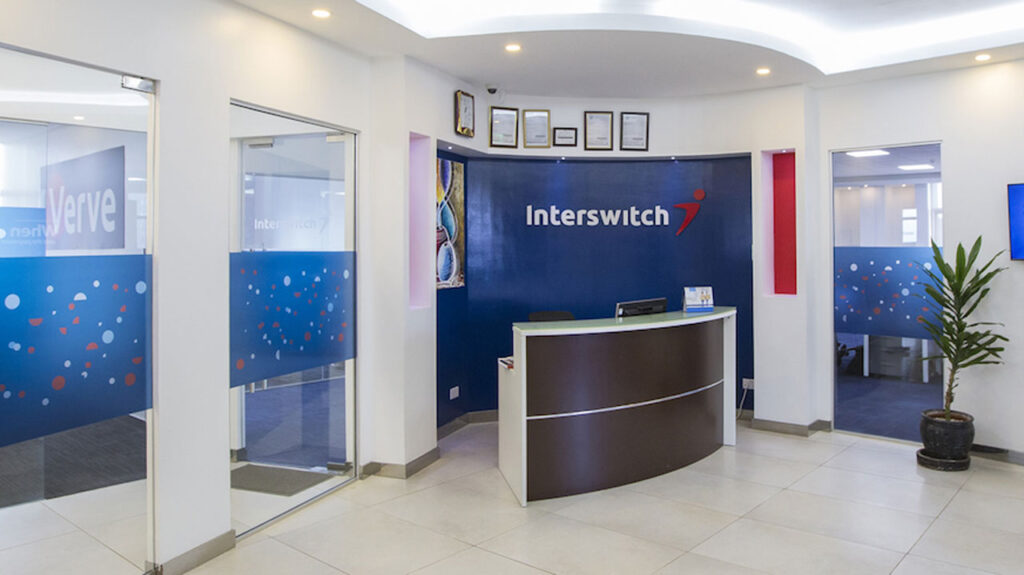
An international multinational manufacturer of diapers and sanitary products, Kimberly-Clark, is set to stop production of Huggies diapers and the sanitary pad brand Kotex in Nigeria.
This is according to an online business news platform, Nairametrics. Quoting an unnamed source, the medium claimed the company is set to announce the imminent shutdown of its Ikorodu production facility just two years after investing $100 million in Nigeria.
In 2022, former Vice President Yemi Osinbajo and Lagos State Governor Babajide Sanwo-Olu commissioned Kimberly-Clark’s state-of-the-art factory in Ikorodu, Lagos.
The facility, valued at over $100 million, was intended to bolster the company’s footprint in Nigeria, with its vision of providing “better care for a better world.”
The plant was equipped with advanced technology aimed at enhancing production and serving consumers more effectively.
Kimberly-Clark, a US-based multinational listed on the New York Stock Exchange, produces a range of hygiene and personal care products, including Huggies diapers and Kotex sanitary pads. The company’s shares are primarily held by institutional investors such as Blackrock Inc., Vanguard Group, and Morgan Stanley.
“Kimberly-Clark West Africa has grown from just being an investor in Nigeria to a formidable partner in the actualization of Nigeria’s economic objectives, by adding value through diversification… This factory, I trust, will only signal the beginning of greater investment in this and other sectors,” Osinbajo stated.
However, the anonymous source revealed that the plant has been producing below capacity from late 2023 into 2024 due to the harsh economic environment within the country.
The source added that the firm had battled high energy costs, raw materials, and reduced demand from customers due to the prevailing economic situation.
According to the source, this high cost of production has resulted in downsizing and reducing production time from every day of the week to just Mondays to Thursdays.
He also alleged that the company currently spends around N100 million on power generation monthly aside from maintenance costs, and its monthly fixed spend on operations has risen over N500 million.
“Our first two years were fantastic in terms of sales growth and market shares within the diaper industry. Fast forward into late 2022 and 2023, they were really bad years for the company due to the economic situation,” the source told Nairametrics.
“Running costs are extremely high. Our fixed spend on a monthly basis is above N500 million, and we spend about N100 million on just gas consumption for powering the gas engine, aside from maintenance. The company has two assets, and for last year, these assets didn’t run for about 90 days out of 365 days.”
“Earlier this year, the company had to downsize to two shifts from four shifts. We ran 24 hours, seven days a week, and 365 days a year before, but currently, we don’t run on Friday, Saturday, and Sunday anymore because of the economic situation. There is already an embargo on external recruitment. The company is looking for ways to reduce costs since it is not making a profit.”
The development comes at a time when Nigeria is experiencing inflation and the price of goods has skyrocketed, especially sanitary pads. According to the National Bureau of Statistics (NBS), Nigeria’s food inflation surged to 40.01% in the most recent report.
The headline inflation rate for March 2024 increased by 1.50 percentage points compared to February 2024 and was 11.16 percentage points higher than the rate recorded in March 2023.
The NBS report noted significant price increases over the past year, with basic food items such as sardines, milk, spaghetti, beans, frozen fish, and tomatoes seeing substantial price hikes. For example, a tin of sardines that sold for N300 a year ago now costs N1,200, while a tin of Peak milk has risen from N250 to N700. Similarly, the price of a derica measurement of beans has jumped from N350 to N1,400.



